The Mediterranean Diet on a Budget: 12 Tips That Will Save you Money
You can follow the Mediterranean Diet and save money too. 12 Tips to Save Money While Following the Mediterranean Diet
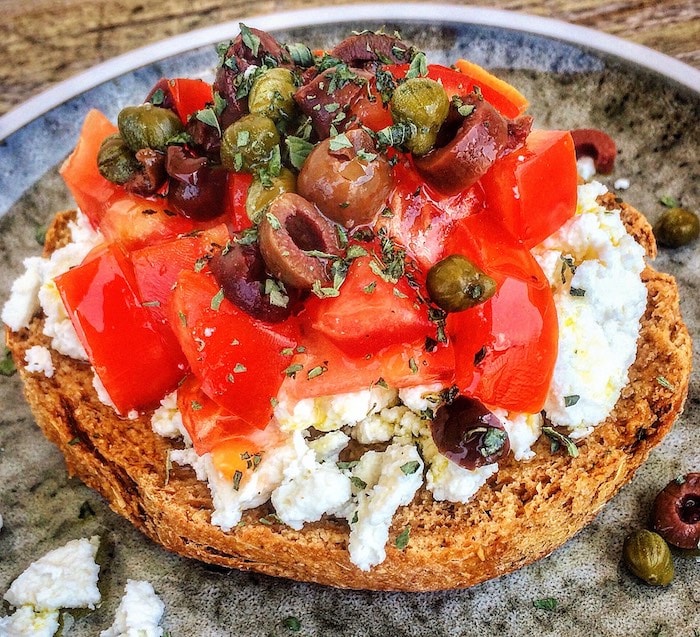
One of the many misconceptions regarding the Mediterranean diet is that it is expensive to follow. Well I am here to say that this is not true.
I recall reading in the US News and World Report Best Diets, that the Mediterranean diet is moderately pricey. They made suggestions such as: “Can’t spring for the $50 bottle of wine? Grab one for $15 instead” or “snag whatever veggies are on sale that day, rather than the $3-a-piece artichokes”.
And they post these same suggestions every year. While I understand that a person who has never followed a Mediterranean diet may think that they have to buy “special” ingredients, the panel of experts should know better than to give out this misguided advice.
I’ve said this before, and I’ll say it again: the Mediterranean Diet was based on the diet people were following in the Mediterranean in the 60’s. These people were poor. Let’s think about that for a moment: they did not drink expensive wine or feast on expensive non-local fish such as salmon. They did not spend 50$ on wine (or 5$ for that matter), and they ate artichokes only when they were in season. The experts above have also failed to mention that one of the main sources of protein were beans such as lentils, which we all know are pretty cheap plus they hardly ate meat, which is also a money saver.
Research has shown that following a Mediterranean diet not only improves your health but also saves you money. The key to saving money is knowing what a real Mediterranean diet is and not falling in the trap of the so-called Mediterranean diet menus that are often presented online and in books, that are full of expensive fish, ready to eat processed foods and recipes with numerous ingredients. I’ve done the calculations and the average Mediterranean-Greek meal costs about 2-3$ per person.
So, let’s look at the ways you can save money and follow an authentic Mediterranean diet.
12 Tips to Save Money While Following the Mediterranean Diet
1. Know what a real Mediterranean diet is
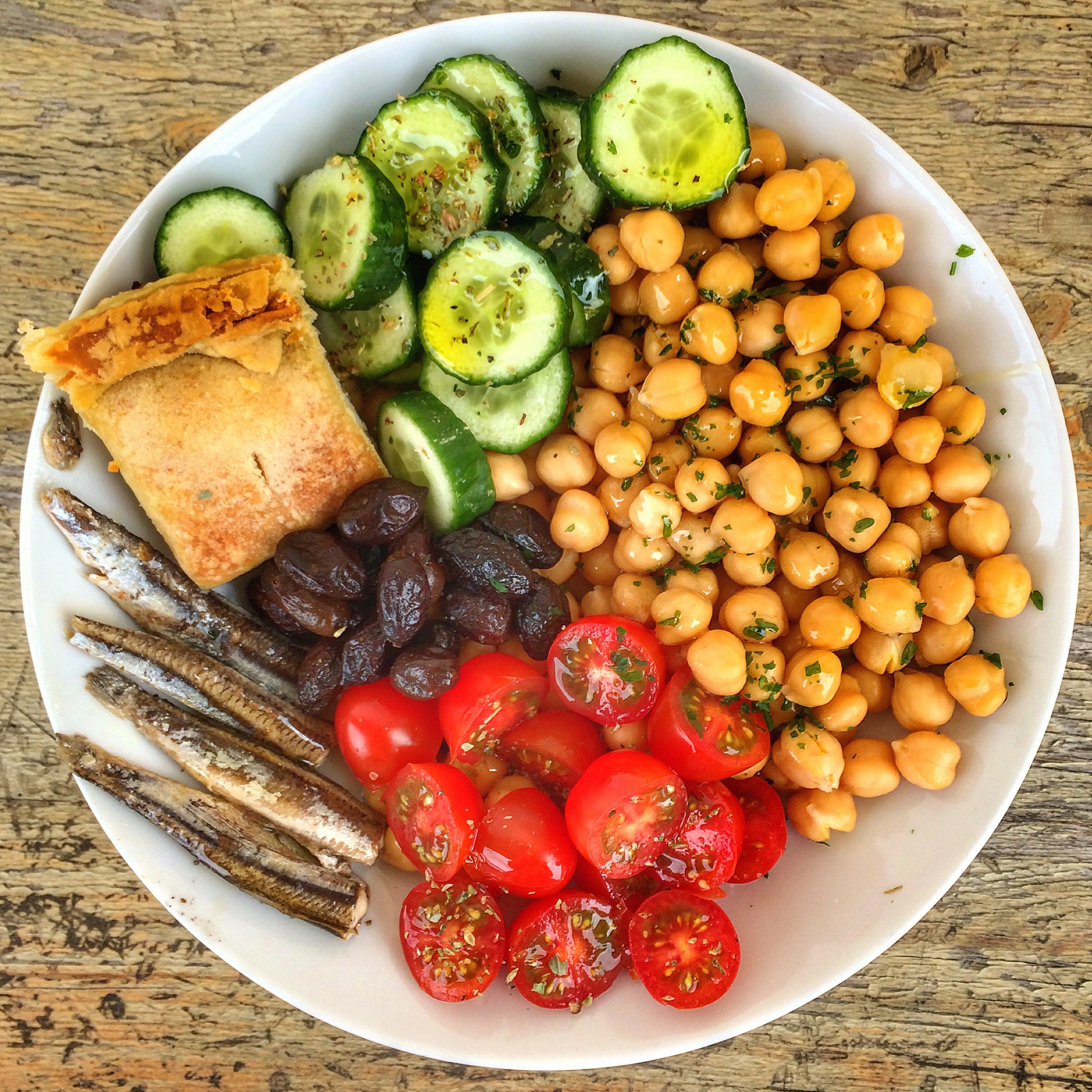
Based on the many articles and books on the Mediterranean diet you would think that a Mediterranean diet includes some sort of meat or fish every day, specific fruit and vegetables, exotic grains. This is not the case at all. The Mediterranean diet is pretty straightforward and simple: A typical week of dinners would be once a week chicken, once a week pasta, 3 times a week a vegetable casserole, twice a week beans and once a week meat or fish. So, don’t fall for those fancy menu plans follow an authentic Mediterranean diet.
2. Choose local and seasonal fruits and vegetables
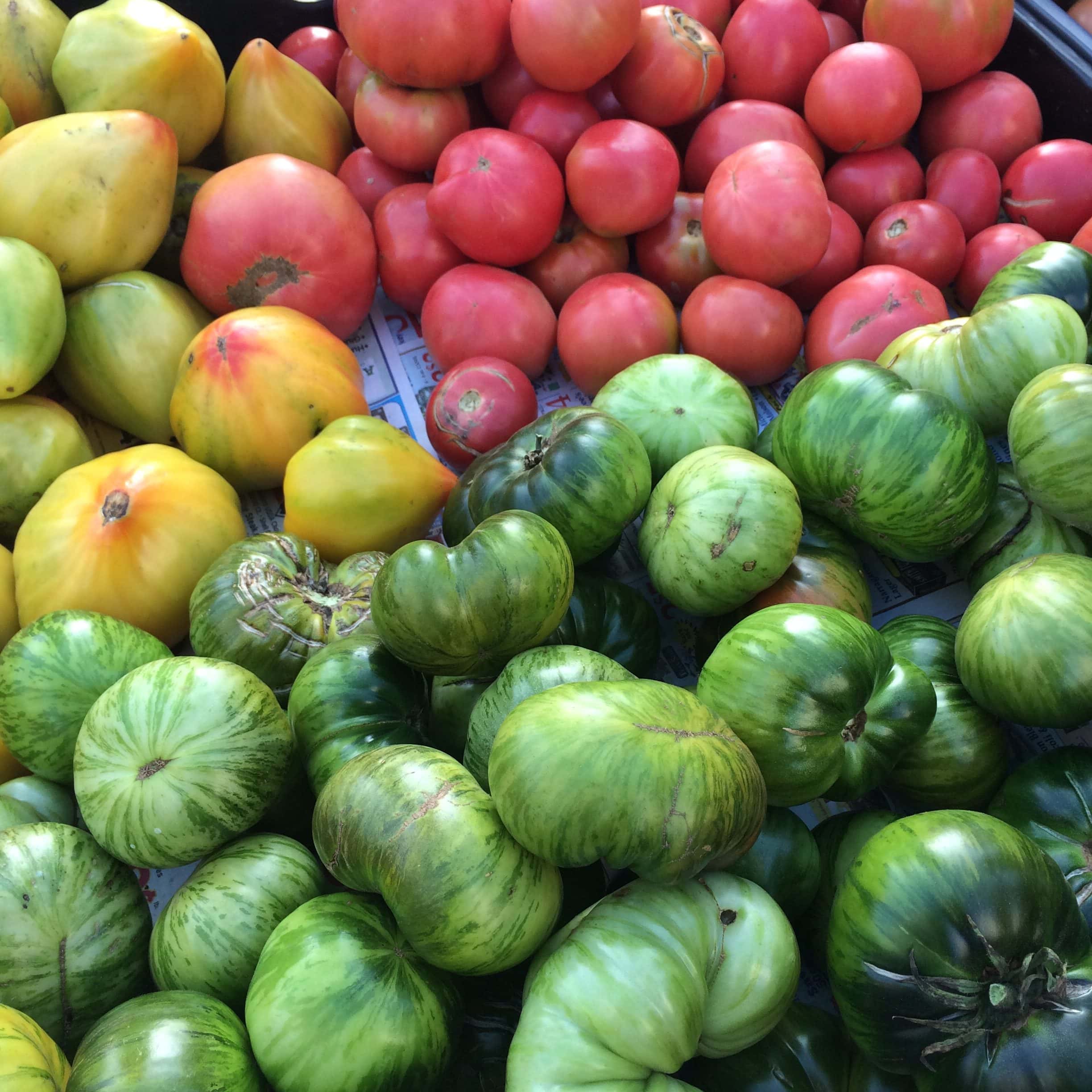
Yes, this common knowledge, but I feel it is important to stress this even more with the Mediterranean diet. No, you don’t have to get “$3-a-piece artichokes”, you buy whatever is in season and local or grown closest to you. It is cheaper and it tastes better. Avoid the mentality of thinking that you have to buy “Mediterranean” fruit and vegetables.
3. Use dry beans
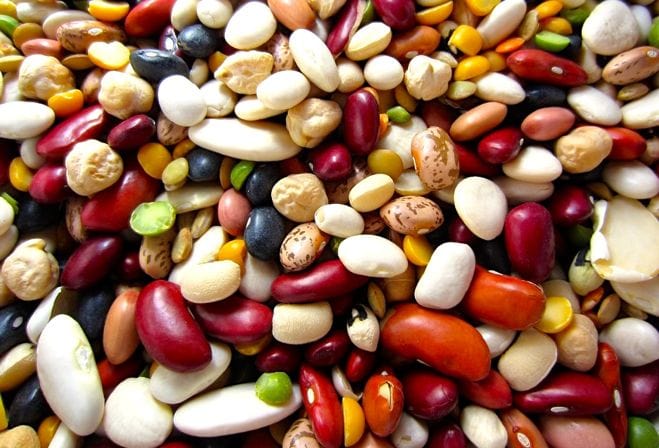
Here in Greece there are hardly any canned beans available (except some imported brands), we use dry beans, which are very cheap. Some do not need overnight soaking (black-eyed peas and lentils) and the boiling process is very simple.
4. Avoid ready-to-eat foods.
It is very frustrating to see snacks, ready to consume salad dressings, rice mixes all being promoted as healthy. Not only are they not, they are also pricey, and they save you only a bit of time.
5. Buy frozen vegetables
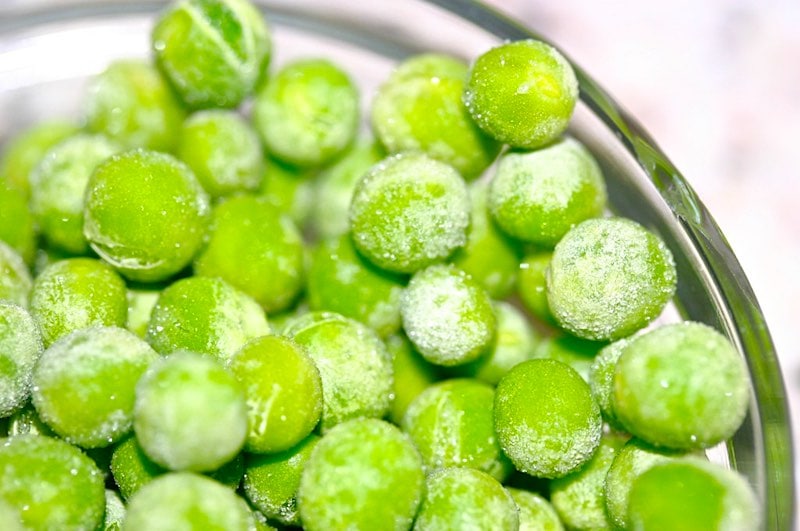
If you are having a hard time getting fresh vegetables, use frozen. Nobody is expecting you to go the farmer’s market everyday or grow your own vegetables (if you can that’s great, but if not no worries). I always have on hand bags of peas, green beans and okra and use them to make the vegetable casseroles. To save time I also freeze herbs such as parsley and dill and I chop onions and also freeze them, so they are ready when I need them.
6. Freeze leftovers
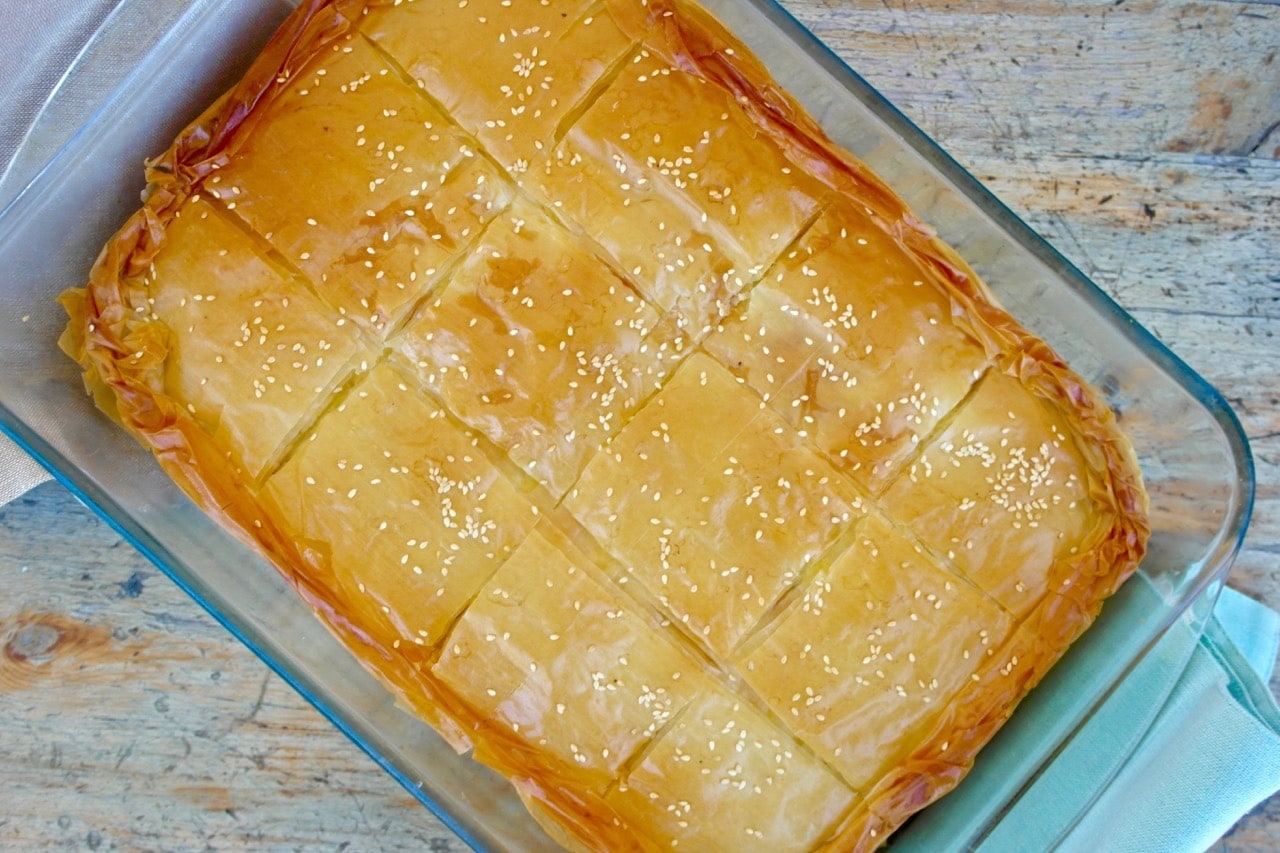
It is a common tip, but so useful. The majority of Greek dishes can freeze very well including vegetable casseroles and savory pies (e.g. spanakopita). I often make these pies and separate them in servings and freeze them.
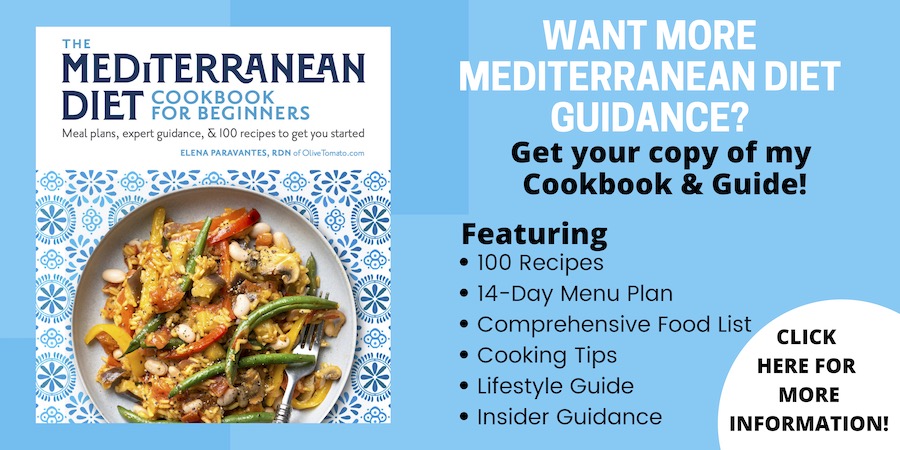
7. Eggs are a fine dinner
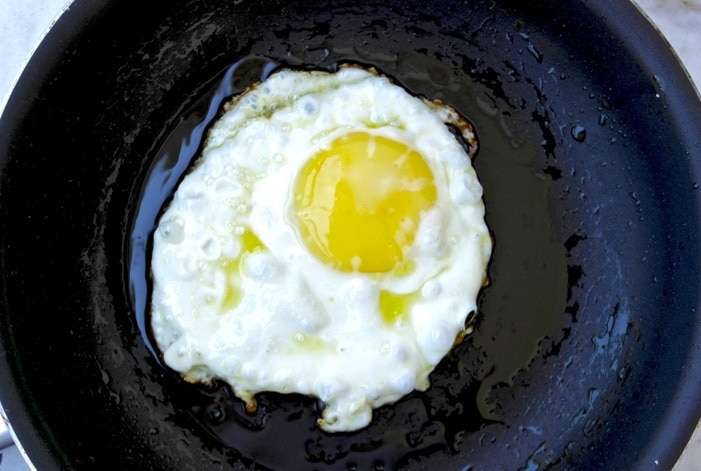
As I have mentioned, in the Mediterranean, eggs are not typically consumed as breakfast but more so for dinner. A nice omelet along with a salad makes a good and balanced meal.
8. Make your own dressing
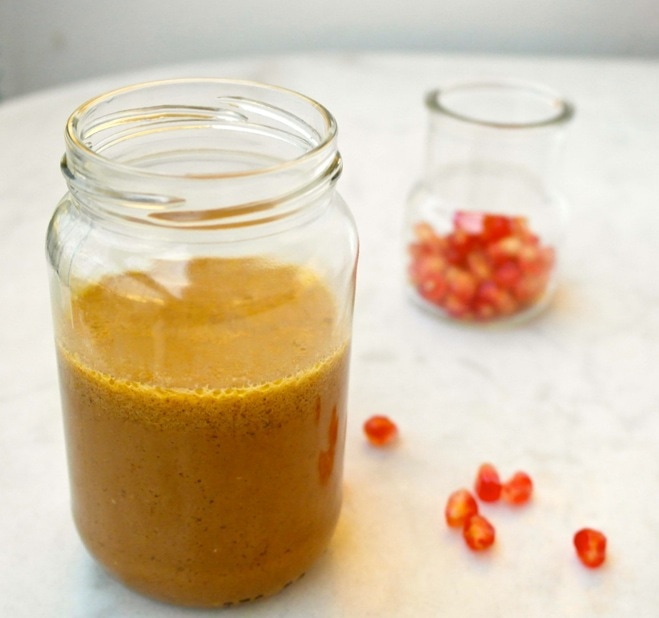
If you are following a Mediterranean diet, chances are you have bought some good olive oil. The basic dressing you will need is just olive oil and vinegar, use your own and don’t spend your money on bottled salad dressings, not only will it cost you more, it will not provide you any benefits either. First you don’t know that type of olive oil is being used (for the most benefits you want extra virgin), secondly and most importantly, the olive oil compounds which have antioxidant properties are very sensitive to water, so those bottled salad dressings that may contain extra virgin olive oil will have very little -if any- of these protective substances.
9. Don’t buy anything promoted as “Mediterranean”.
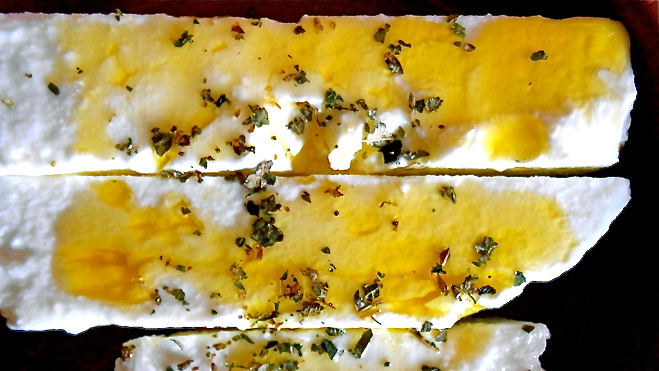
Anything packaged would not exist in the Mediterranean diet anyway. Just because some crackers, rice mix, pasta, chicken, pizza, chips etc. has oregano, garlic or feta in it, doesn’t mean it is “Mediterranean”. You already have oregano, garlic and feta in your kitchen-just add them yourself.
10. Use whole chicken cuts instead of skinless boneless chicken breast.
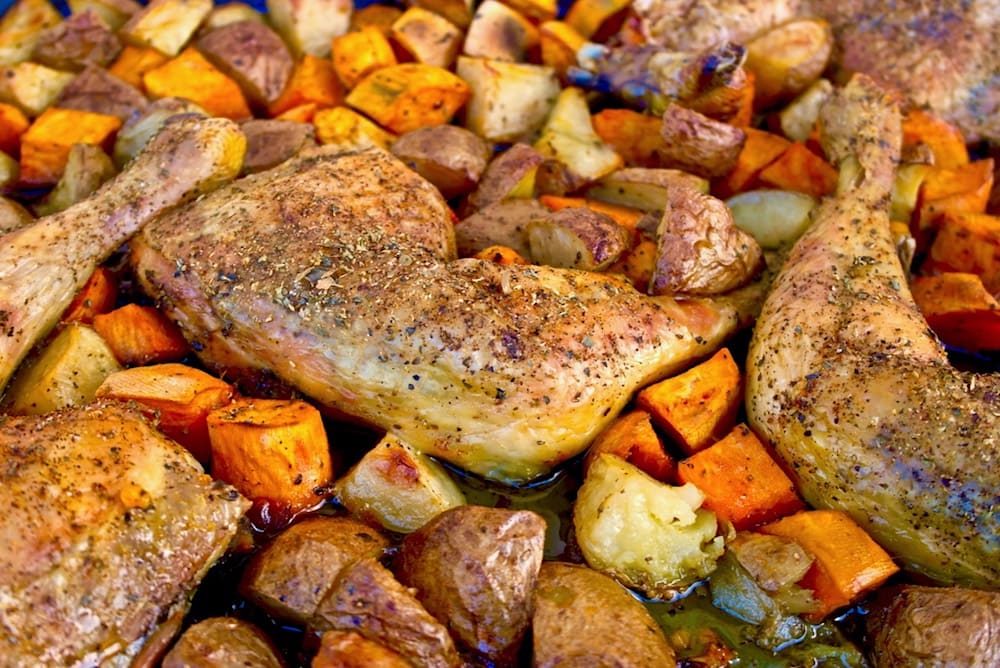
The popular chicken breast is quite expensive and honestly has very little taste. The whole chicken or even chicken legs are cheaper and tastier. Remove the skin before eating and you are set.
11. Embrace canned fish
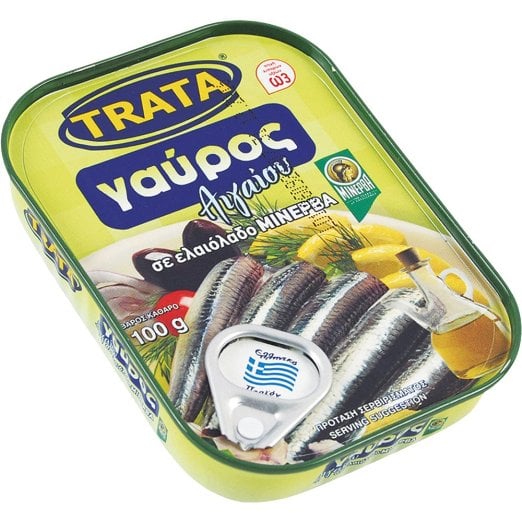
Typically, when looking for Mediterranean diet menus you will always find a salmon recipe. Salmon is somewhat pricey and is not a Mediterranean fish, but if you can afford it is fine to eat it, just know that it is not necessary. You can also get your fish intake by consuming canned fish such as sardines or anchovies which are actually the typical fish consumed within the Mediterranean diet. For ideas on how to add them to your diet, check out my post on canned fish.
12. Easy on the nuts
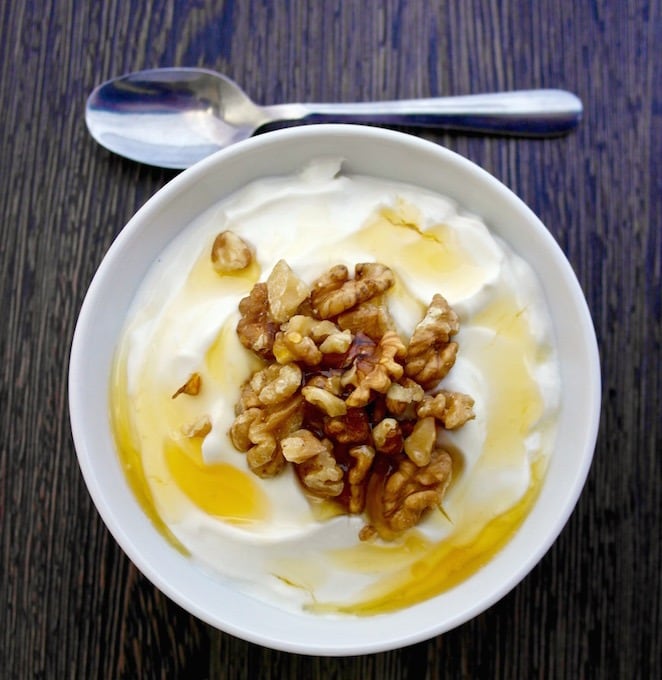
Yes, nuts are a part of the Mediterranean diet, but don’t overdo it, they can get expensive. Traditionally Greeks would have walnut and almond trees at home and would have them seasonally. They typically used them in sweets and also saved them for guests as they were considered precious. They did not eat them every day. You are fine consuming them 3 times a week.
SAVE FOR LATER AND PIN IT!
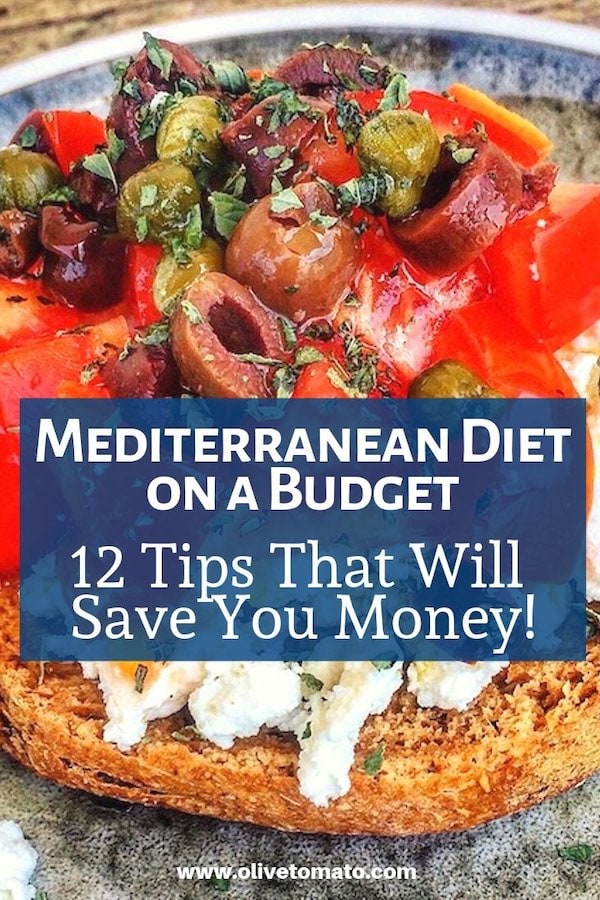
Images by Elena Paravantes © All Rights Reserved

I love these suggestions and ideals , I am new to the medetterian diet only been on it about a month and it is working for me I am losing the Weight my doctor wants me to lose
Are there links to the first and second pictures in this post?
Is this about keeping the authenticity, or is it about making the diet work the same way on a budget? I didn’t think the point of the diet was authenticity. It’s more about the content type than the actual content as I understood it. I don’t really see the need to eliminate edamame and salmon just because they aren’t Actual Mediterranean Ingredients. They still fill the purpose of the real ingredients, and since this article is about the budget, they are less expensive ingredients in the US than some of the more accurate ones. Seriously–a huge bag of frozen edamame costs next to nothing. Maybe the problem is the name.
That came across as far more antagonistic than I intended. I was genuinely asking.
Hi Jack, no worries. Not necessarily authenticity but understanding that some expensive foods touted as Mediterranean such as salmon, simply are not. I’m clarifying this as one of the “cons” that are often noted about the Mediterranean diet is its price, and that is not true. Nutritionally, this is a pattern and yes certain foods will have a different effect, by replacing them.
I guess that was one of the things that confused me. Maybe it’s a regional thing, but around here (Houston), salmon is relatively inexpensive compared to the wide range of fresh veggies and fruit that are usually on these lists.
Hi Jack, I’m in the UK and Salmon is really expensive as is most fish which is a shame so I tend to use tinned or wait for sales. Veggies however are relatively inexpensive.
One last thing about budget. I spent about $50 last time I shopped. That is significantly less than I had been spending pre-Greek diet. The reason for the lower amount is that I am buying much less meat. You may be spending more for some quality produce, but less on meat, so it seems like you might even come out ahead.
Thank you for sharing Gail!
I am SO ready to do this! I have a question.
When you freeze herbs, and onions and other…do you blanch them? Freeze in olive oil? Just want a reliable method.
Thanks!
I love, live, your site!
You can go to Pinterest and find a bunch of idea on how to freeze herbs. I just freeze onions after chopping them, no blanching needed. I freeze sage: just rinse the leaves and lay flat in freezer bags, lay out flat in freezer until frozen and transfer to jars and cap off.
Walmart in Northern California has a 2.5 oz foil packet of pink salmon for $1.27. They also have approximately 4 oz cans of sardines and mackerel for less than $2.50. Romaine lettuce is about the least expensive, and I was happy to read that Elena says it’s nutritious. $.46 for house brand canned tomatoes and $.78 for a couple different kinds of beans. If you really don’t want to cook beans from scratch, these are pretty reasonable.
I’ve been shopping at Walmart because of the pandemic and they have curbside pickup. While it’s a little hard to fantasize about sitting under an olive tree, eating a mezze and sipping a bit of red wine, as you make a shopping list for Walmart, I have been pleasantly surprised by the quality and variety of their products. Unfortunately, I think “real food”, at least in the US, is more expensive and less available than junk food, but it’s not impossible to improve one’s diet with careful shopping.
I know that diet and income is a very complex subject. I also know that a $50 bottle of wine is silly for most of us. We’re looking for something rustic, here.
Thank you for sharing all these valuable suggestions Gail!
I have hypertension and am on meds that have unpleasant side effects. I happened upon a discussion of the DASH diet which claims to lower blood pressure within a fairly short time period. I asked my Doctor if she believed it was true. She said yes, but why didn’t I also look into the Mediterranean diet. I very scientifically choose the Mediterranean diet because the food is so beautiful! I also love “small fatty fish” in little cans and olives. Anyway, I haven’t had any processed food, almost no red meat, and no added sugars since the end of September 2020. My neighbor has been supplying me with mandarin oranges. My kitchen looks like I am selling produce. I am stewing things in tomatoes and eating enormous salads and eating beans. Everything gets drizzled with ev olive oil. I got the cookbook. I have been very compliant. So, what happened? I have had fun working on the project. I lost 10 pounds. My blood pressure has certainly stabilized, and gone down a little,and I’m not hungry all the time. It’s all good.
Hi there!
I really appreciate this article as I am working towards healthier lifestyle changes for my family. I’m interested in where good recipes can be found? I’m trying to compile ideas for main dishes and snacks (especially for kids). Thank you for all the useful information on this!!
I love how straightforward and honest this post is. The whole “diet” business is a BUSINESS, meant for making money, not making people healthier! Thanks for your tips. I can’t wait to try out some more of your recipes!
I’m not a tomato person, I’ll eat spaghetti sauce (homemade), or in stews no fresh tho, what would you suggest instead?
Hello ~ Thank you for sharing this, just curious what the food is in the picture. It looks delicious
Hi Kasey, Thanks! This is a Cretan salad, known as dakos, you can check out the basic recipe here: https://www.olivetomato.com/the-cretan-dakos-this-is-what-the-mediterranean-diet-is-all-about/
DEBRA J
September 26, 2019 at 10:47 pm
Thank you, Elena, so much making the Mediterranean diet so much clearer. It was suggested by my doctor because of its success of great results. Great shopping ideas for m
This is a great post! Thank you for all the work that you do. There is a lot of misinformation on the internet about the Mediterranean Diet, and what it truly is. But your website is one of the few that provides accurate information backed by someone who has studied in the field of nutrition. So thank you, thank you, thank you.
Thank you so much making the Mediterranean diet so much clearer. It was suggested by my doctor because of its success of great results. Great shopping ideas for me
Thank you for this post. It helps me greatly. Your explanations are helpful and encouraging. We have been working on eating like a Greek for a couple of months now. We still indulge in some family and ethnic dishes but they are not our main source of nutrition, just special occasional dishes.
Thank you for sharing Marilyn!
Good to know, thank you 🙂
Glad to clarify Eva!